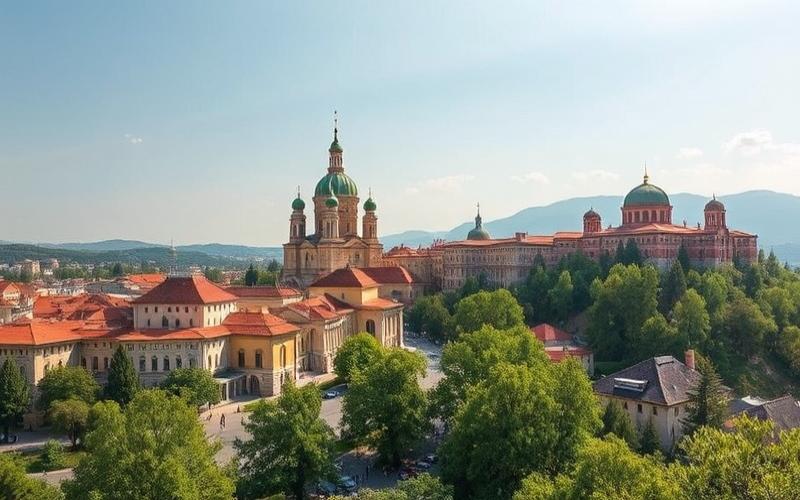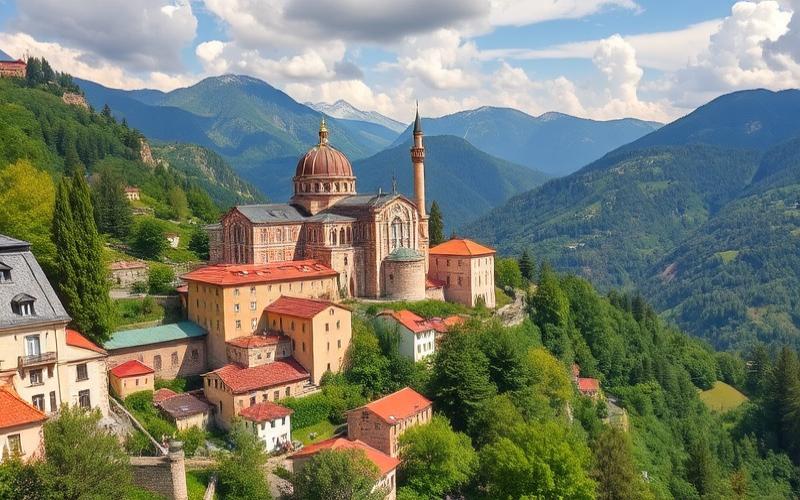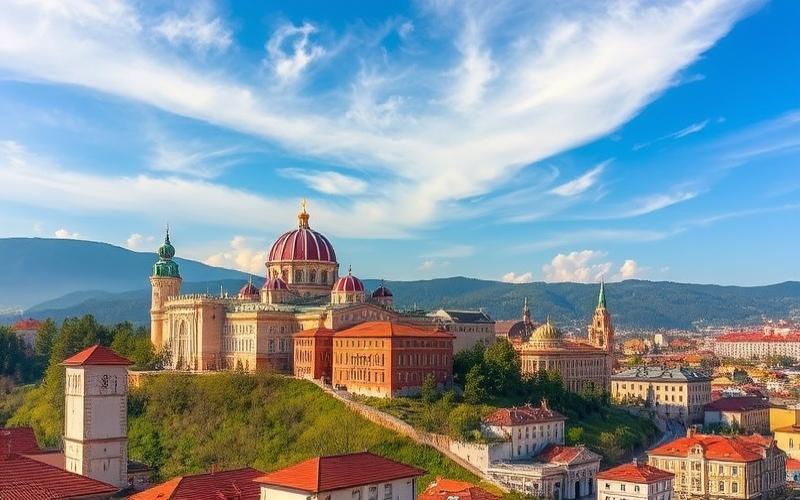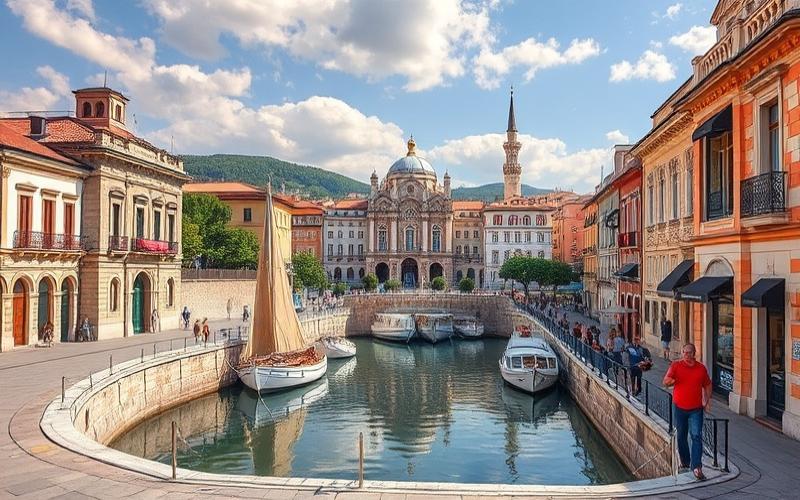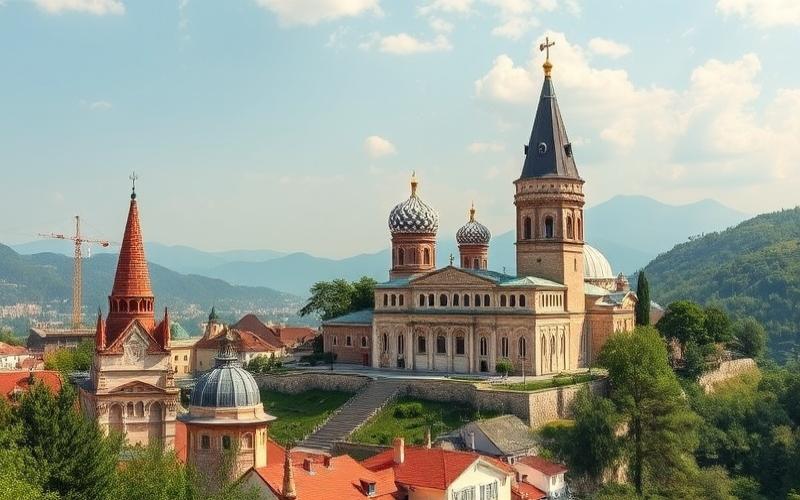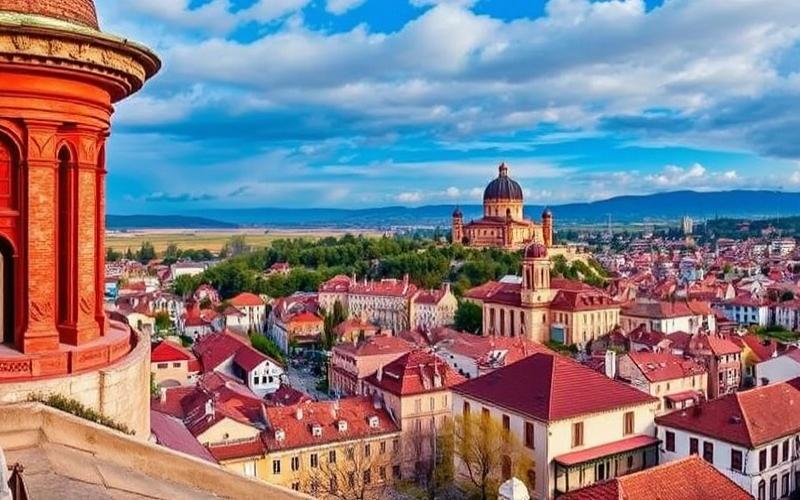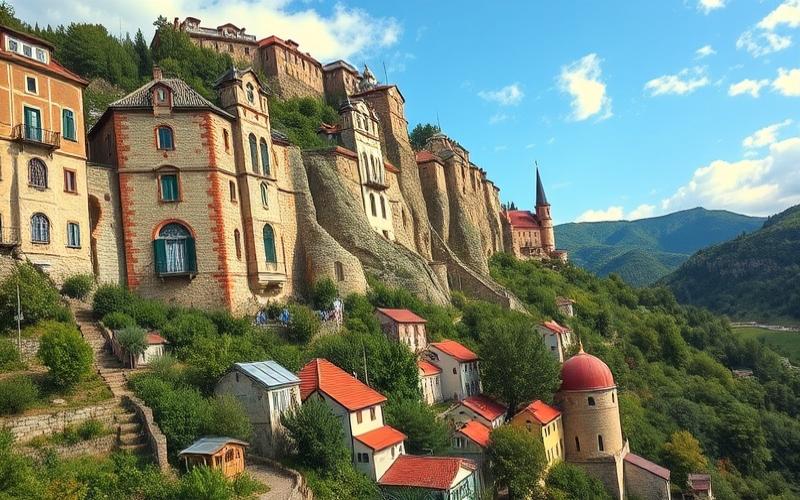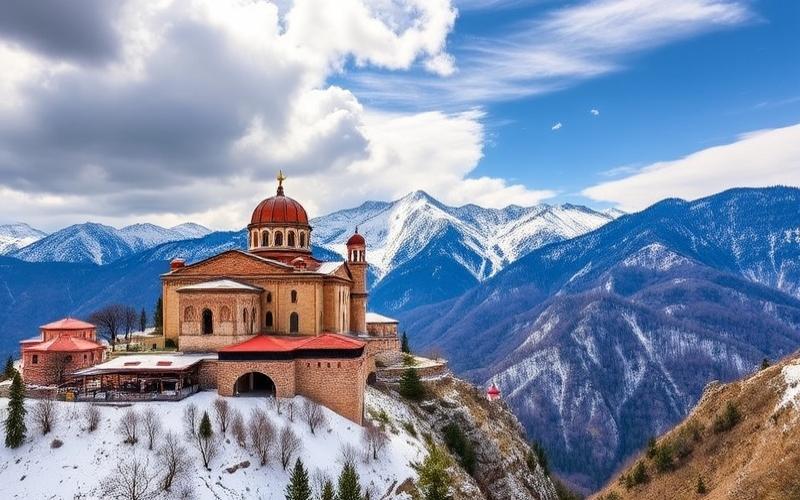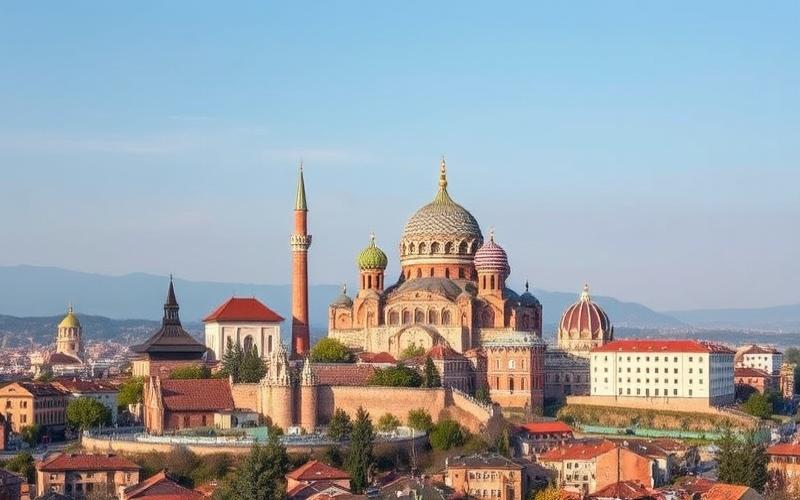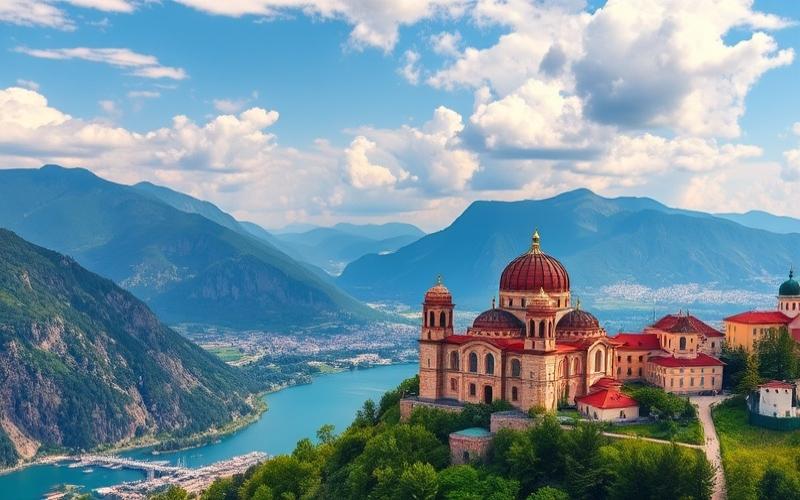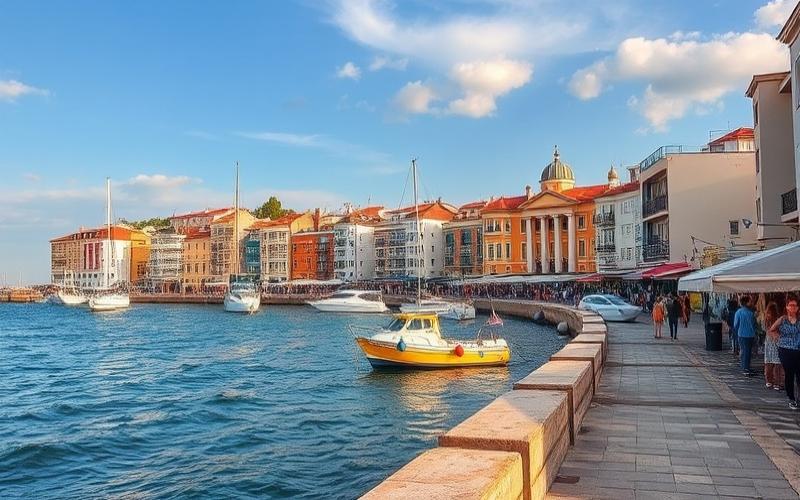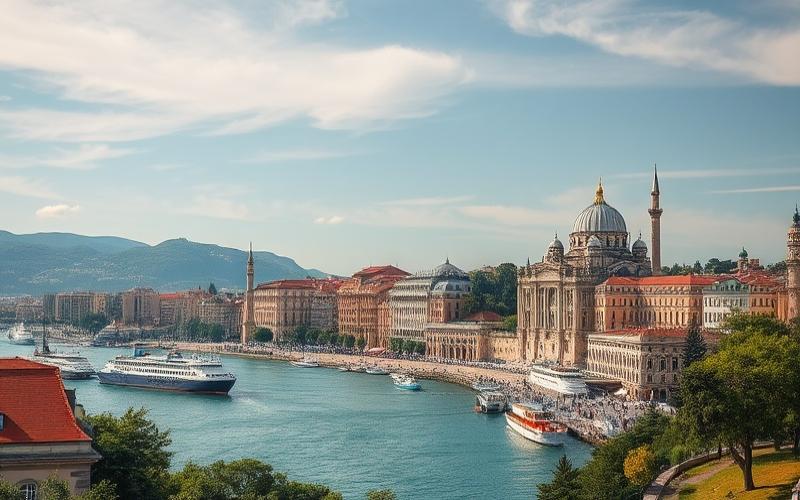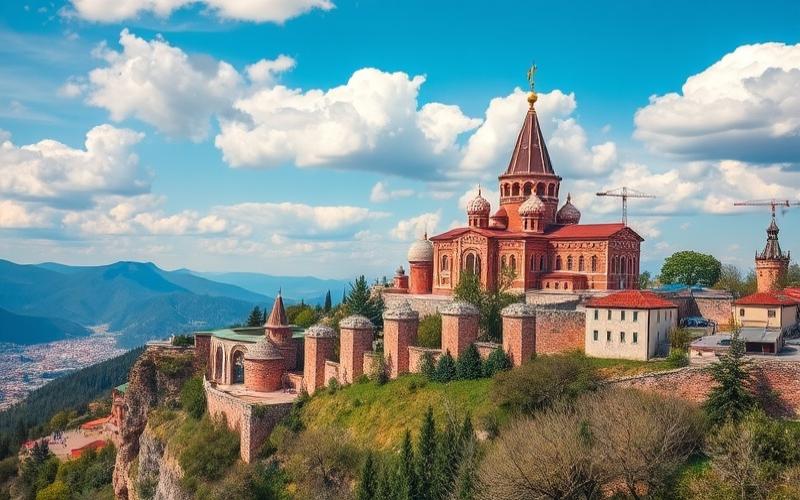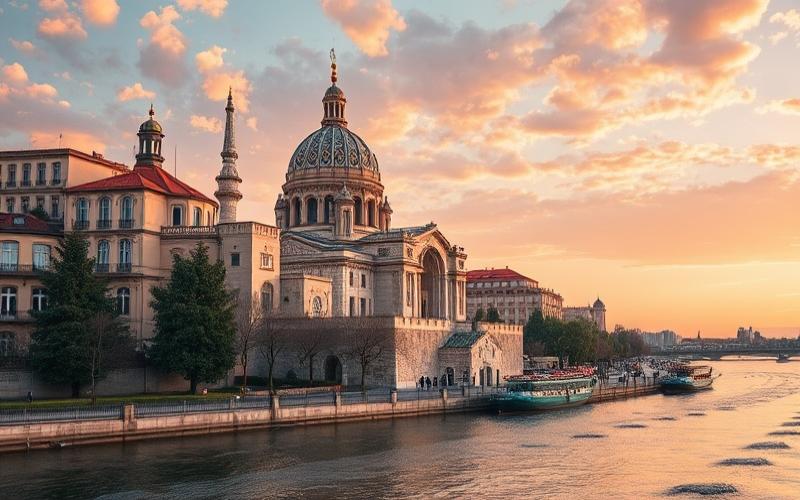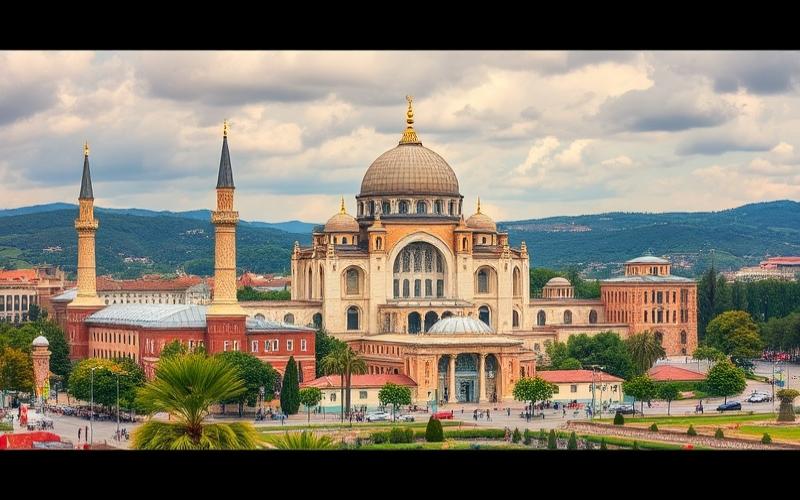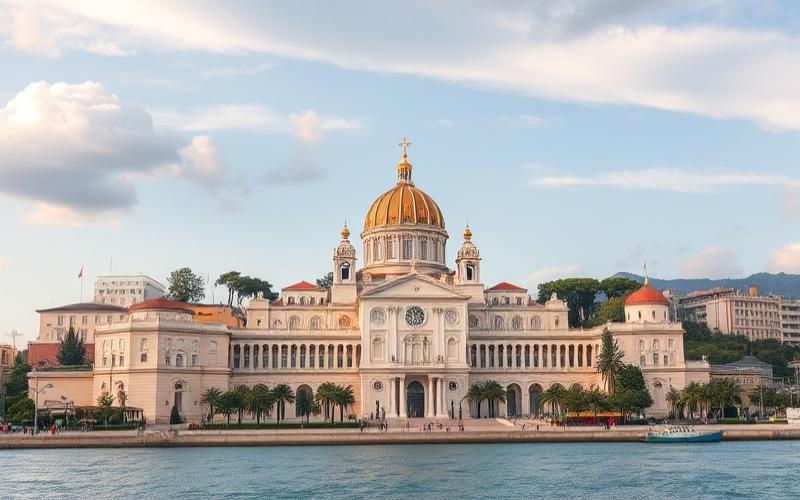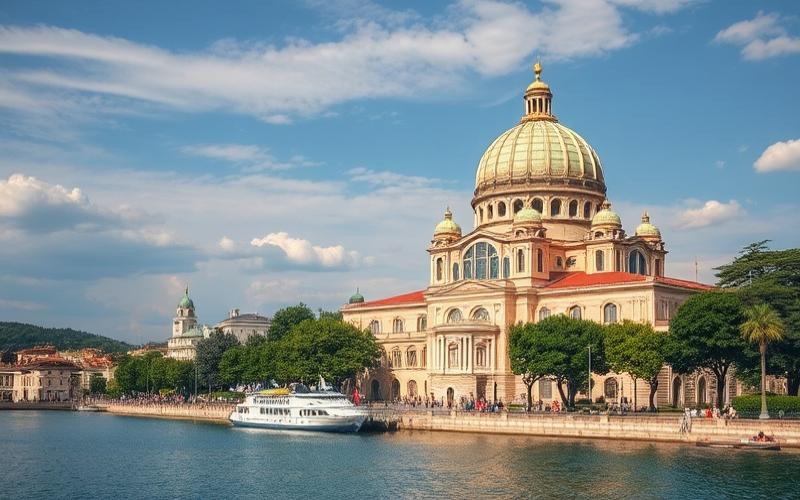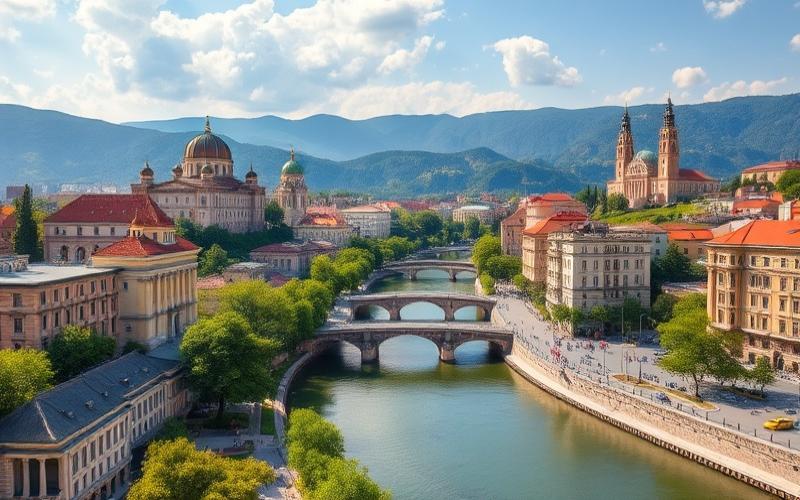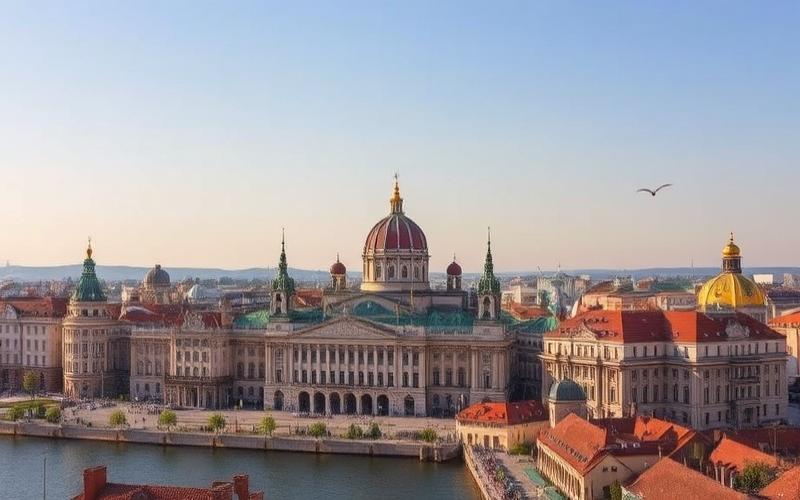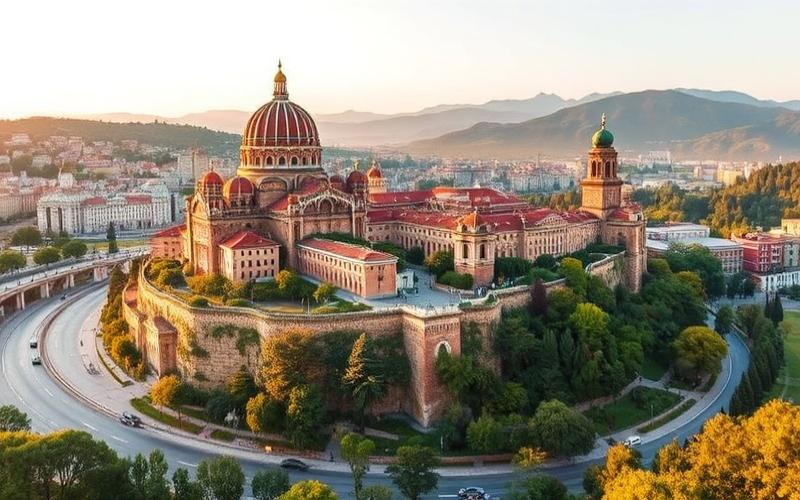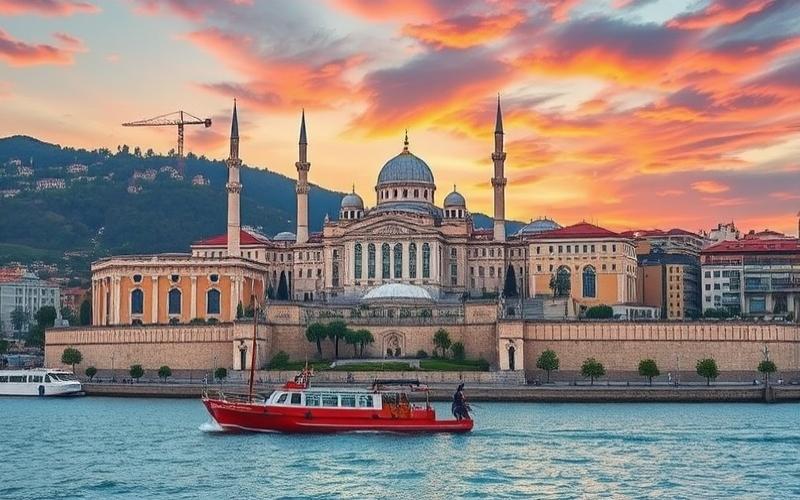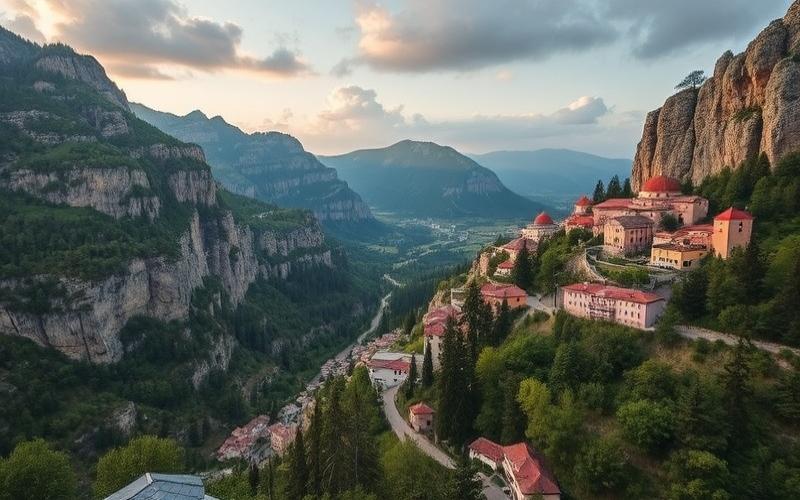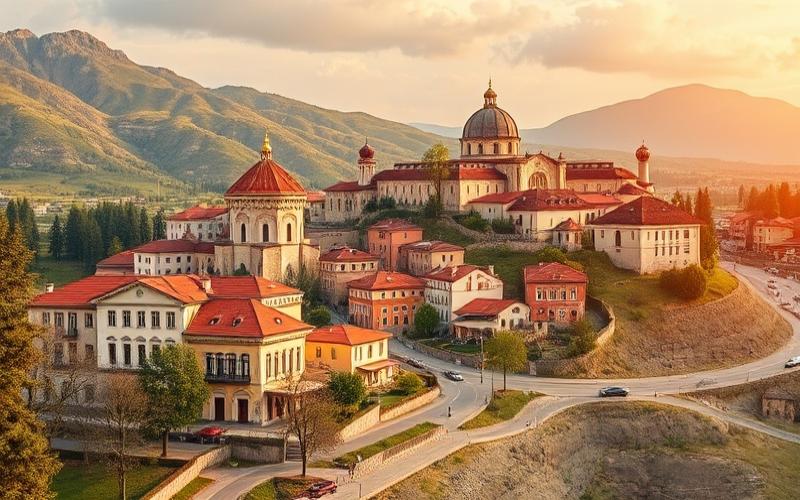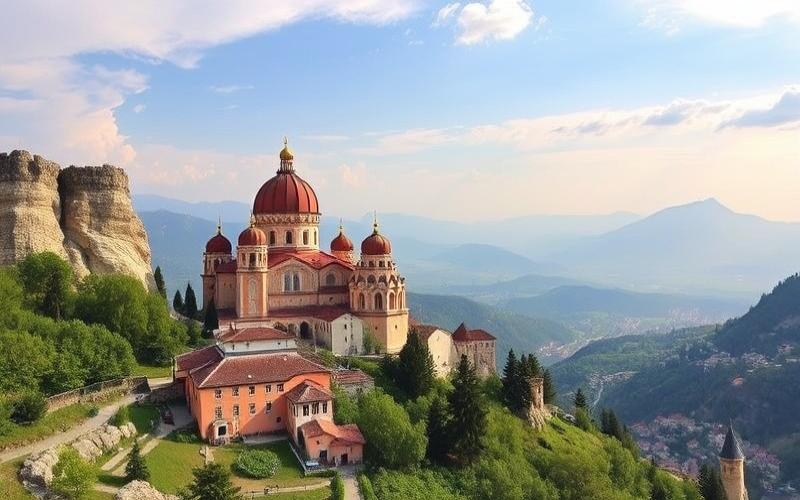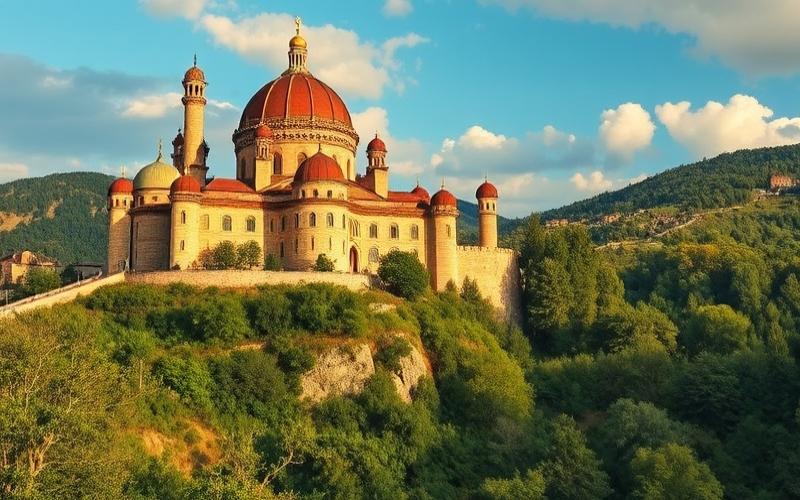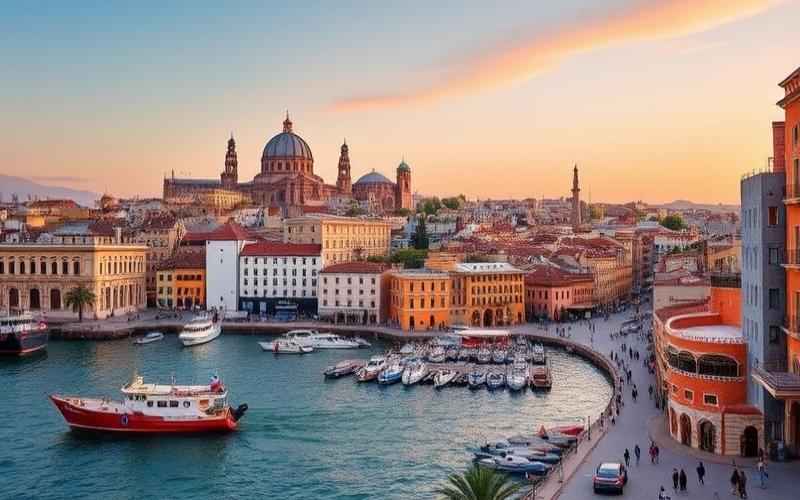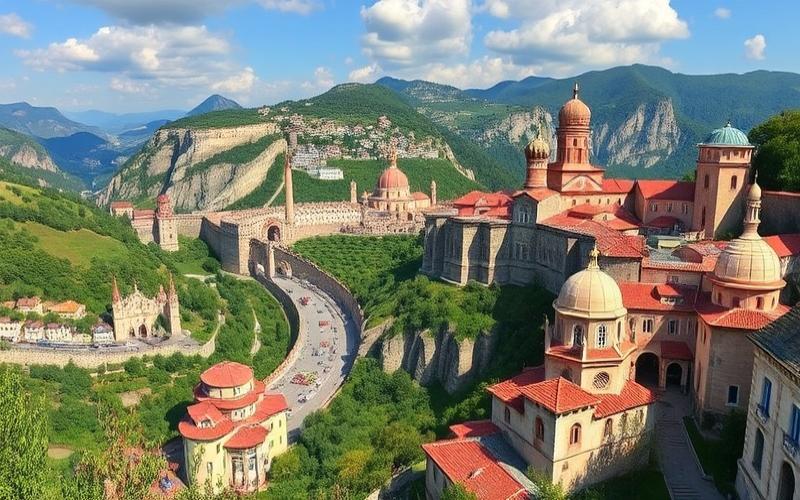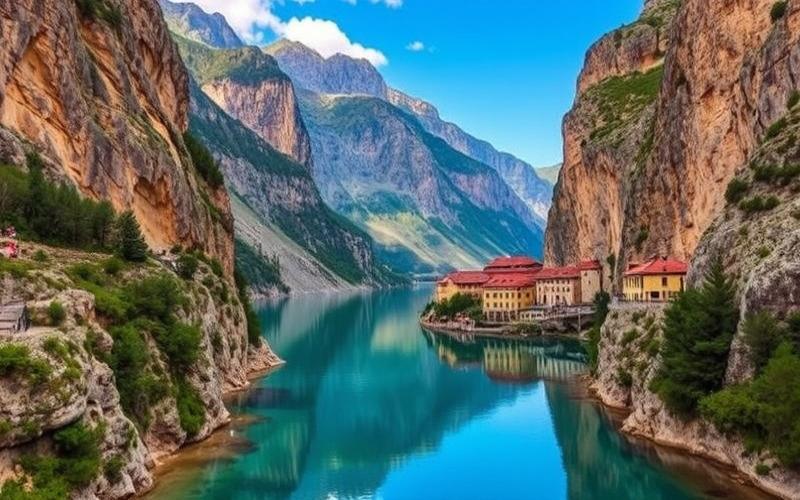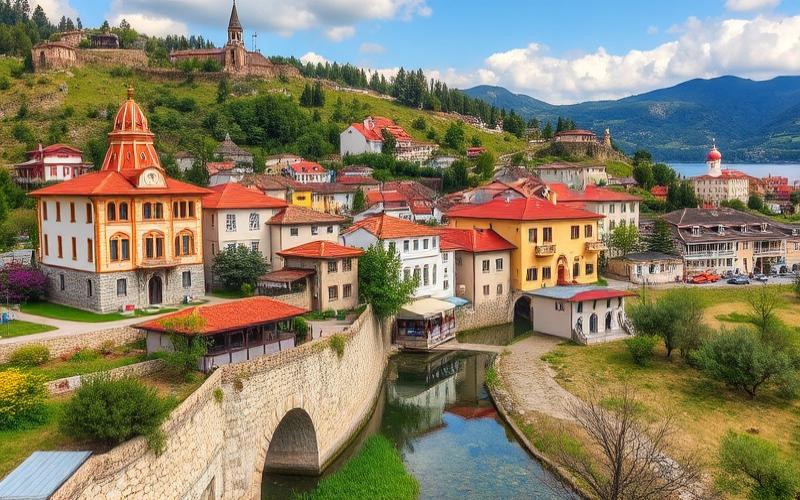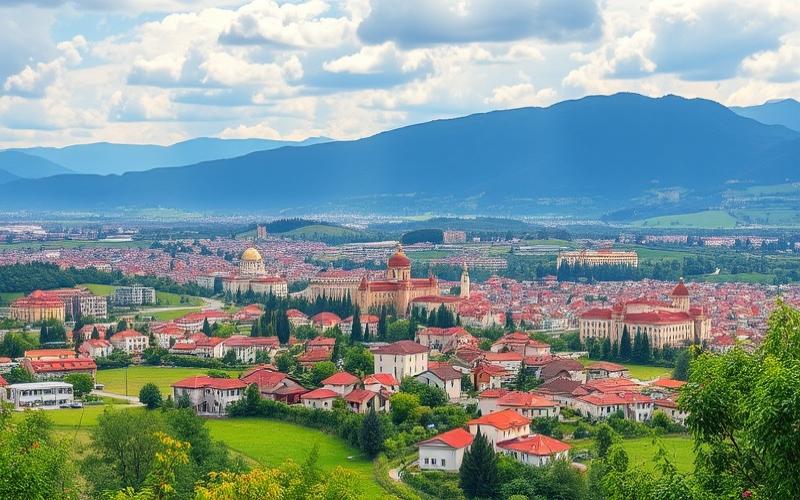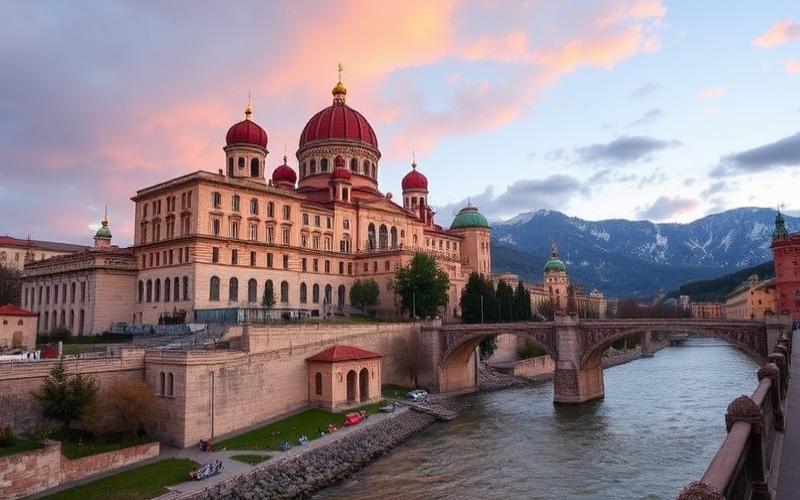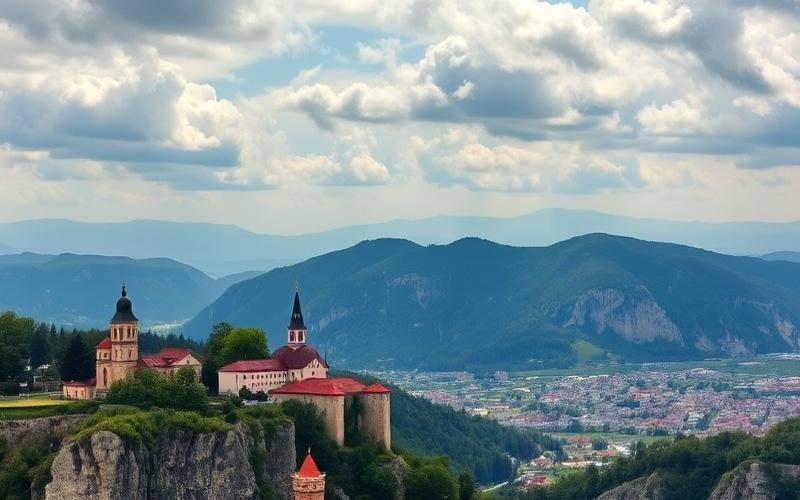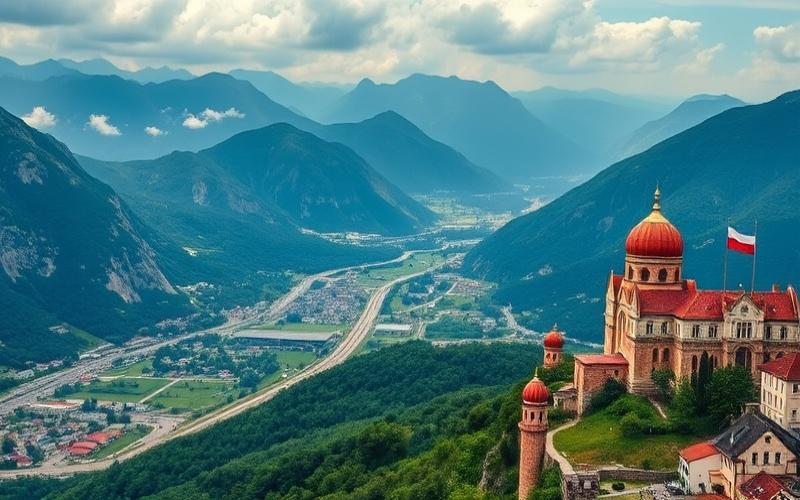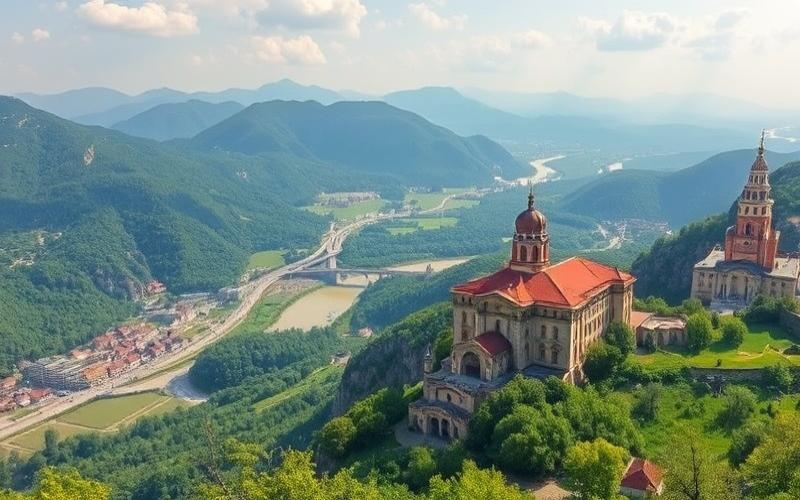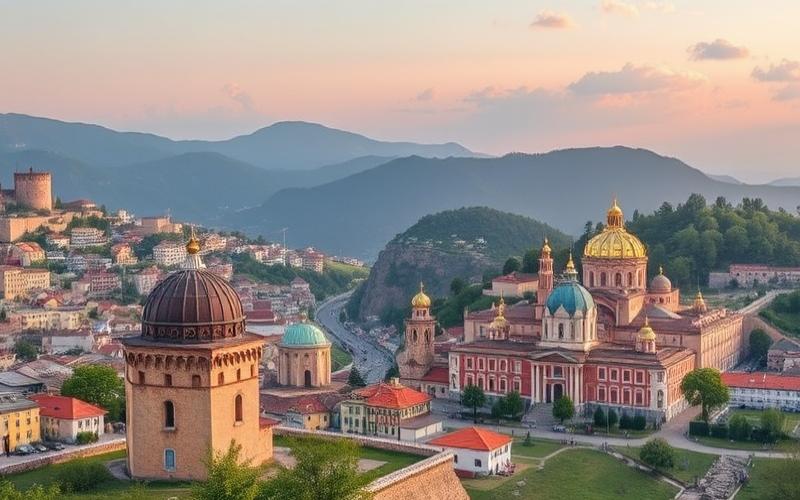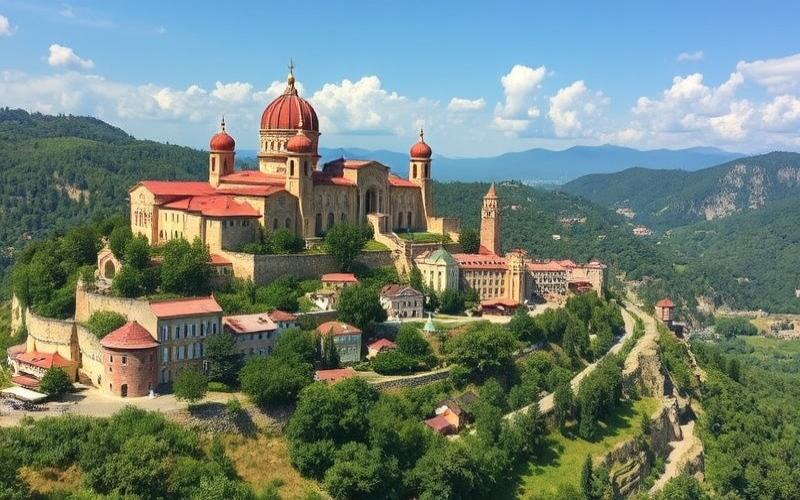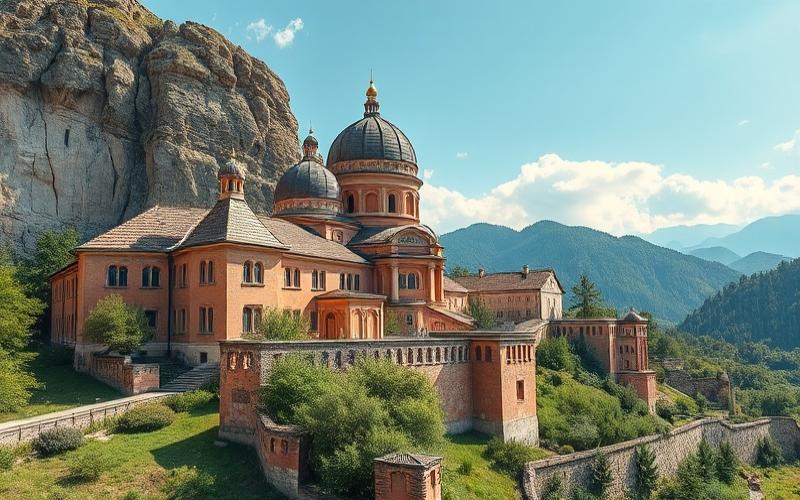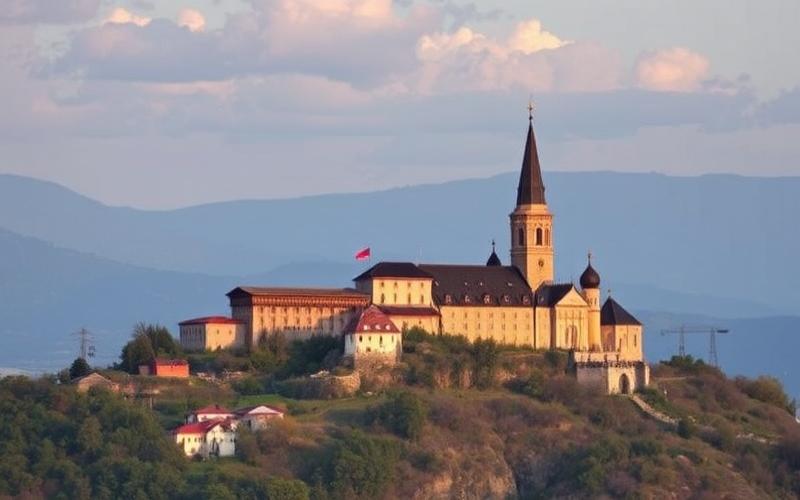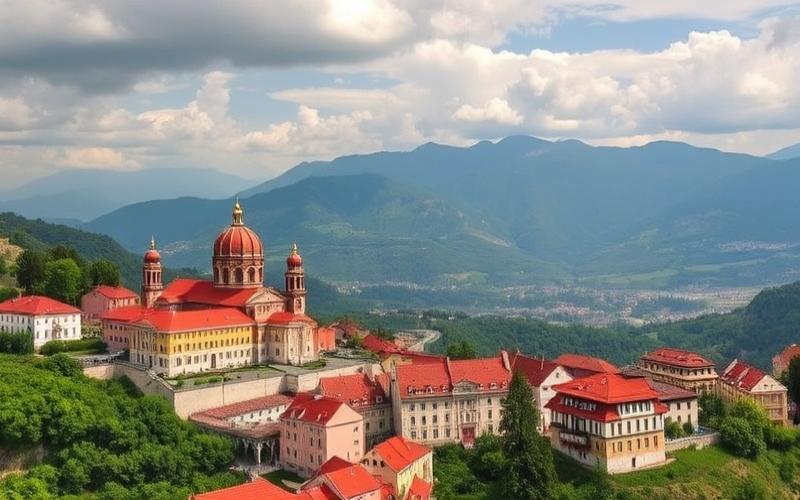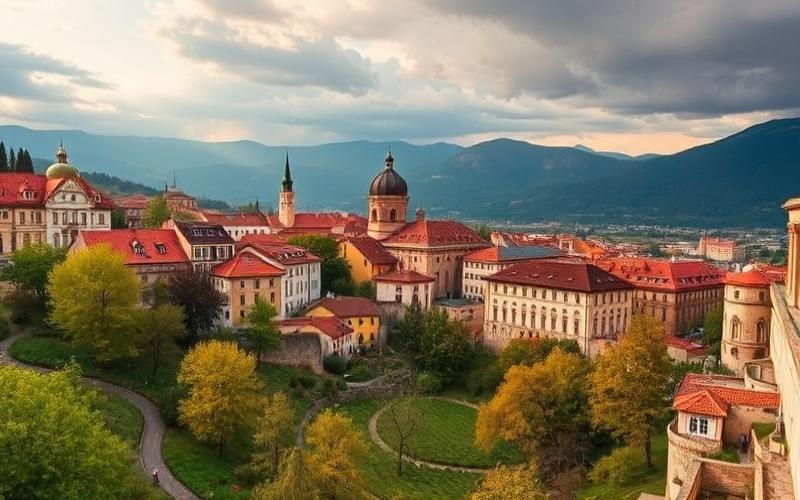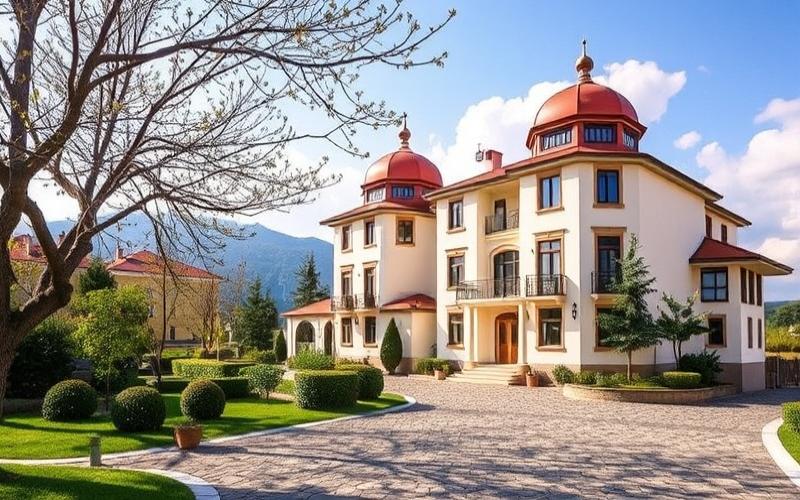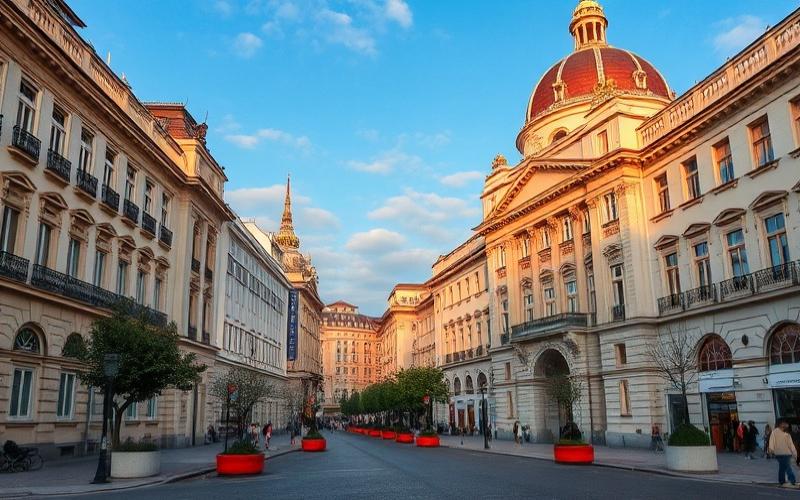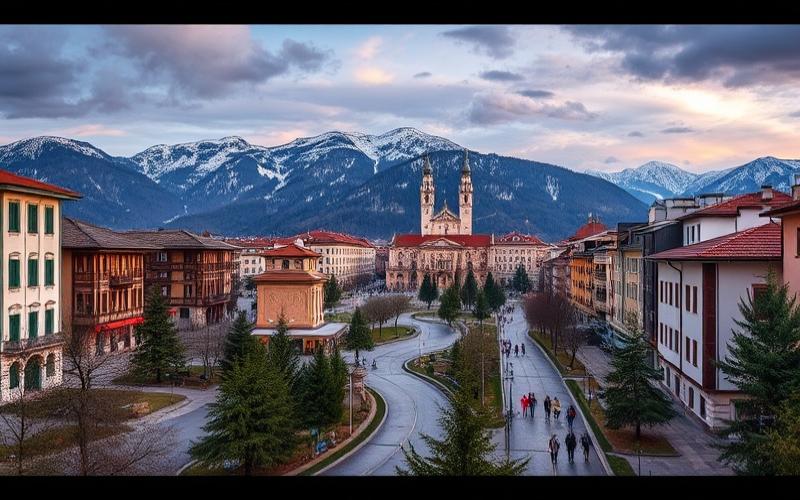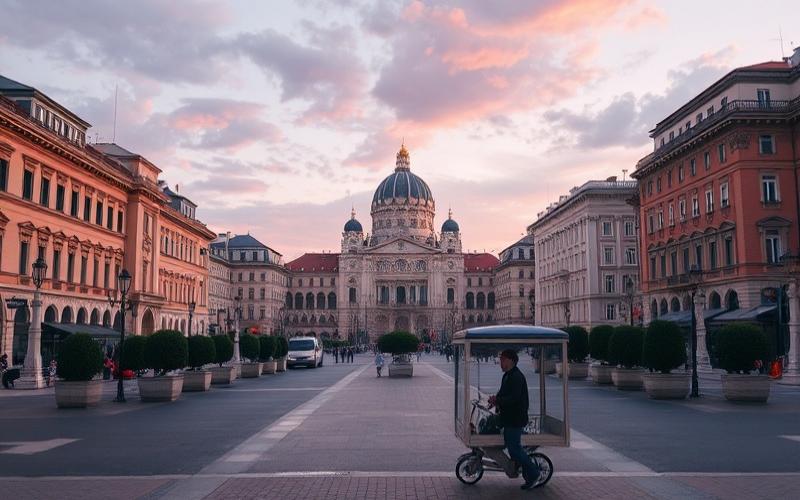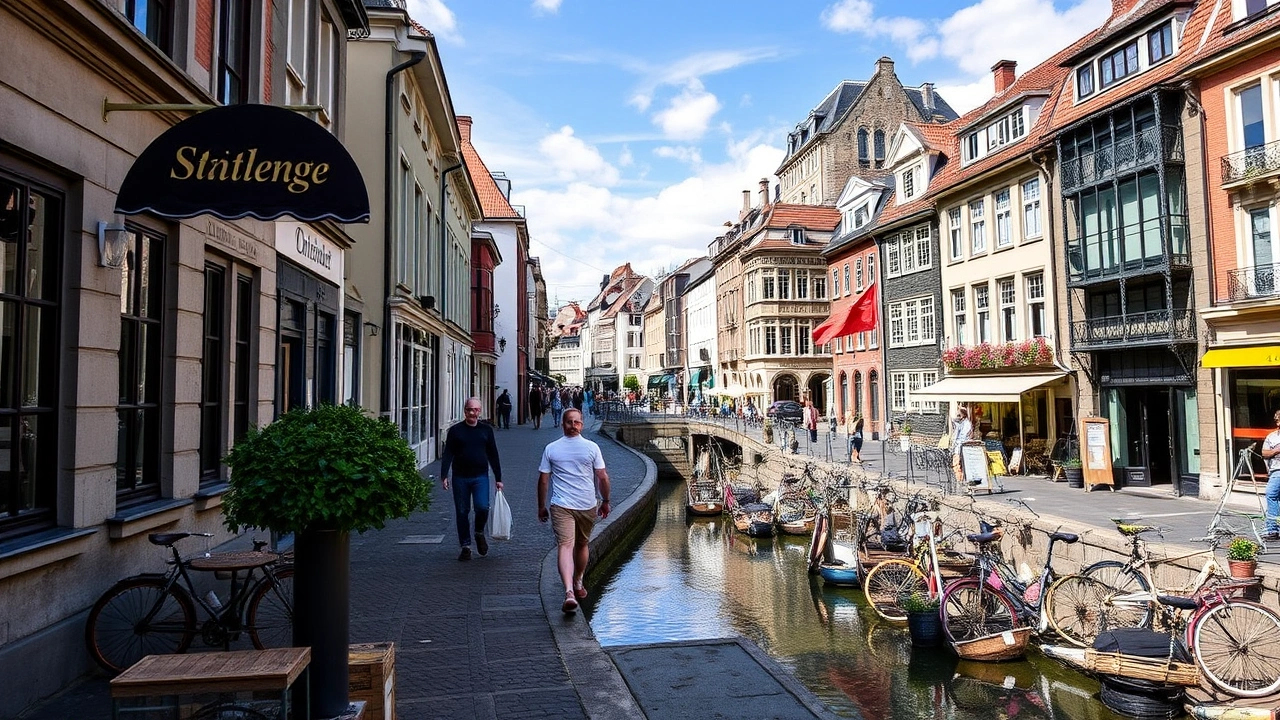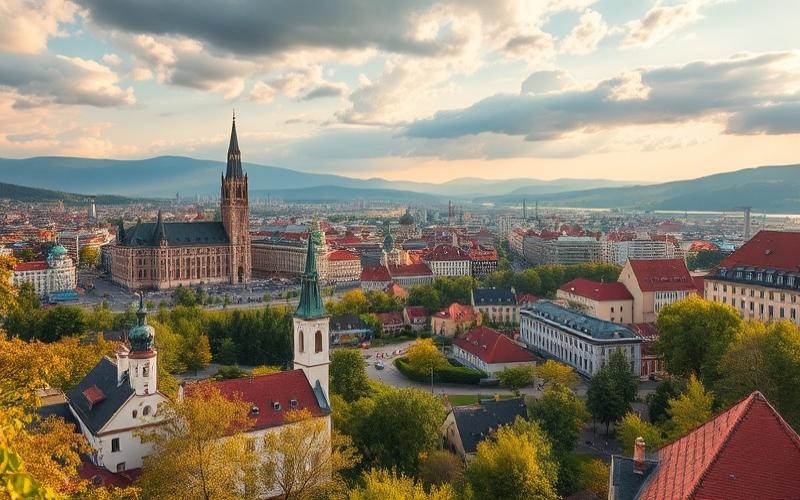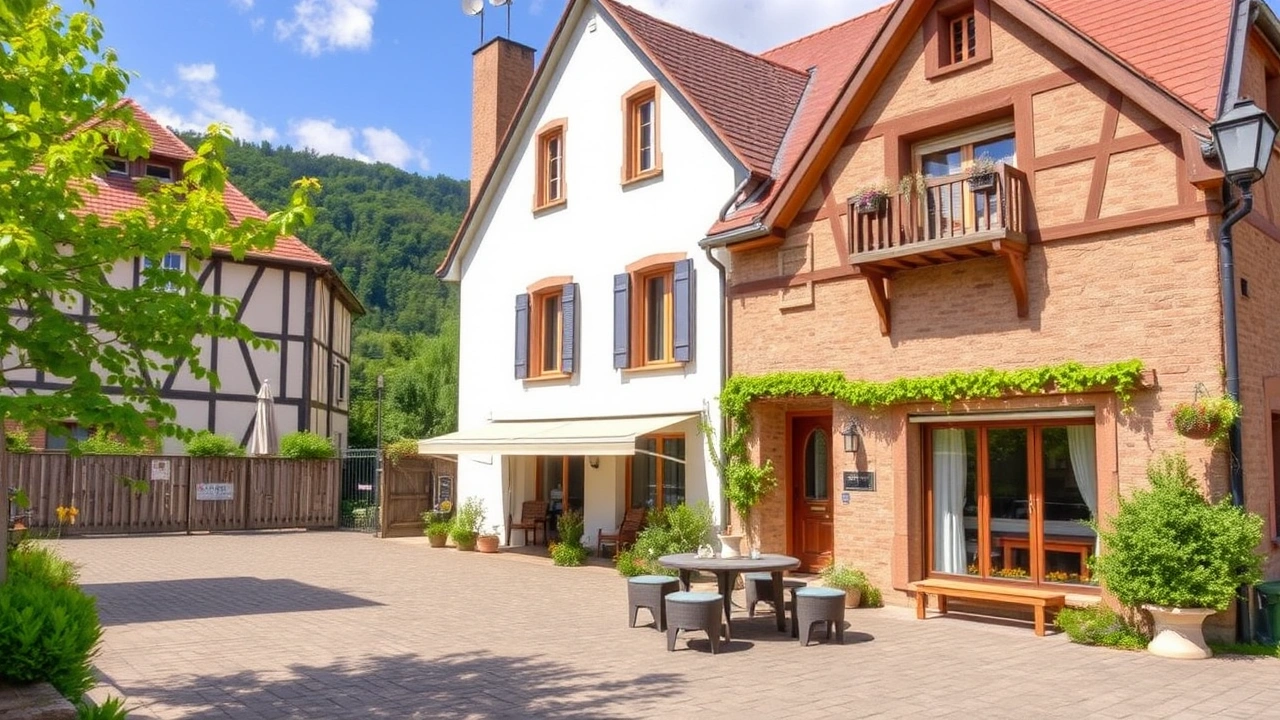
 Published on and written by Cyril Jarnias
Published on and written by Cyril Jarnias
The Bulgarian real estate market is experiencing a spectacular renaissance in 2025, attracting increasing numbers of international investors seeking lucrative opportunities. With its competitive prices, high growth potential, and strategic position at the heart of Europe, Bulgaria is establishing itself as a prime destination for real estate players. Let’s dive into the current trends shaping this dynamic market and discover the most promising sectors for your next investment.
Urban Gems: Sofia and Major Cities on the Rise
Bulgaria’s capital, Sofia, is positioning itself as the epicenter of the country’s real estate boom. With sustained economic growth and rapid infrastructure modernization, the city is attracting foreign investors en masse. Central neighborhoods and developing business districts are particularly sought after, offering attractive rental yields and interesting capital gain prospects.
Apartment prices in central Sofia saw an average increase of 7% in 2024, reaching approximately €1,500 per square meter in early 2025. This upward trend is expected to continue, driven by growing demand for quality housing and modern office spaces.
Other major cities like Plovdiv, Varna, and Burgas are following the same upward trajectory. Plovdiv, the country’s second-largest city, stands out for its cultural and economic dynamism, attracting many young professionals and stimulating the rental market. Varna and Burgas, located on the Black Sea coast, benefit from tourist appeal that boosts the market for vacation homes and seasonal rentals.
Good to Know:
Major Bulgarian cities offer excellent value for investors, with rental yields reaching 6-8% in the most sought-after areas.
The Golden Coast: A Paradise for Vacation Real Estate
The Bulgarian Black Sea coast continues to attract investors seeking properties for tourism. Seaside resorts like Sunny Beach, Golden Sands, and Nessebar are experiencing renewed interest, particularly from European buyers looking for affordable second homes.
The average price of seaside apartments increased by 5% in 2024, settling around €1,000 per square meter in early 2025. This moderate increase still leaves room for future appreciation, especially as the Bulgarian government is heavily investing in improving tourist infrastructure.
Vacation real estate on the Bulgarian coast offers several advantages:
- Acquisition prices significantly lower than traditional Mediterranean destinations
- High potential for seasonal rentals, with rising occupancy rates
- The possibility to combine personal use and rental profitability
High-end residential complexes with integrated services (pools, spas, restaurants) are particularly sought after, offering attractive returns for savvy investors.
Good to Know:
Bulgarian seaside resorts are attracting more international tourists, increasing the profitability potential of real estate investments in these areas.
Commercial Real Estate: A Sector in Transformation
The Bulgarian commercial real estate market is undergoing profound transformation, driven by the growth of the technology sector and the arrival of multinational companies attracted by the country’s competitive operational costs. Sofia, in particular, is establishing itself as a regional hub for digital businesses and shared service centers.
Class A office rents in central Sofia increased by 4% in 2024, reaching an average of €15 per square meter per month in early 2025. This increase reflects growing demand for modern and flexible workspaces.
Key trends in the commercial real estate market include:
- Development of technology parks and corporate campuses on the outskirts of major cities
- Growth of coworking spaces and flexible offices, particularly favored by startups and freelancers
- Conversion of former industrial buildings into lofts and creative workspaces
Institutional investors and real estate investment trusts (REITs) are showing increasing interest in this market segment, attracted by stable returns and long-term growth prospects.
Good to Know:
The vacancy rate for Class A offices in Sofia dropped to 8% in 2024, its lowest level in a decade, indicating a dynamic and healthy market.
Residential Sector: Between Modernity and Tradition
The Bulgarian residential market is experiencing contrasting evolution, with strong demand for modern housing in urban centers and growing interest in renovating traditional properties in rural areas.
In major cities, construction of integrated residential complexes is booming. These developments, offering a complete range of services (security, green spaces, nearby shops), appeal to an expanding middle class. Prices for these properties increased by an average of 6% in 2024, with significant variations depending on location and amenities offered.
Simultaneously, there’s renewed interest in traditional Bulgarian houses, particularly in picturesque regions like the Rhodope Mountains or the Rose Valley. These properties, often acquired at very competitive prices, offer strong potential for capital gains after renovation. They especially attract foreign buyers seeking authenticity and quality of life.
Savvy investors are targeting:
- New apartments in well-located residential complexes in major cities
- Older houses to renovate in picturesque villages, with potential for conversion into guesthouses or bed and breakfasts
- Small buildings in city centers, offering opportunities for renovation and long-term rental
Good to Know:
The renovation market is experiencing exponential growth, with a 15% increase in renovation permits issued in 2024 compared to the previous year.
Green Real Estate: A Strong and Sustainable Trend
Environmental awareness is gaining ground in Bulgaria, strongly influencing the real estate sector. Eco-friendly construction and energy renovations are increasingly sought after by both local buyers and foreign investors.
LEED or BREEAM certified buildings saw their value increase by an average of 10% in 2024, outperforming the traditional market. This trend reflects growing demand for sustainable and energy-efficient living and working spaces.
Opportunities in green real estate include:
- Residential projects incorporating energy-saving technologies and eco-friendly materials
- Energy renovation of existing buildings, often benefiting from government subsidies
- Development of sustainable neighborhoods combining housing, green spaces, and eco-friendly infrastructure
Investors who focus on green real estate benefit not only from increased potential capital gains but also better resilience of their investment against regulatory changes and market expectations.
Good to Know:
The Bulgarian government announced an ambitious plan in 2024 to double the share of positive energy buildings by 2030, creating numerous opportunities for investors in this sector.
Free Zones and Industrial Parks: Untapped Potential
Bulgaria has several free zones and industrial parks that offer advantageous conditions for businesses, including tax exemptions and modern infrastructure. These zones are experiencing renewed interest from real estate investors, particularly in the logistics and light industry sectors.
Warehouse and industrial space rents in these zones increased by an average of 5% in 2024, reaching €4.50 per square meter per month in early 2025. This increase reflects growing demand, particularly from companies seeking to relocate their production to Europe.
Investment opportunities in this sector include:
- Acquisition or development of modern logistics warehouses
- Construction of turnkey factories for industrial tenants
- Investment in mixed-use business parks combining offices and production spaces
These investments typically offer stable returns and long-term leases, particularly attractive to institutional investors and specialized funds.
Good to Know:
The Plovdiv free zone recorded 20% growth in its activities in 2024, attracting many foreign investors in the automotive and electronics sectors.
Investment Strategies: Where and How to Invest in Bulgaria?
To make the most of the Bulgarian real estate market in 2025, investors should adopt a strategic and targeted approach. Here are some key recommendations:
1. Geographic diversification: Don’t limit yourself to Sofia. Secondary cities like Plovdiv, Varna, and Burgas offer excellent opportunities at more affordable prices.
2. Focus on quality: Prioritize high-end or upper-middle-class properties, which attract more stable clientele and offer better capital gain prospects.
3. Anticipate trends: Invest in developing areas, particularly around future infrastructure projects (new metro lines, business zones, etc.).
4. Think sustainable: Eco-friendly and energy-efficient properties are increasingly sought after and offer better resistance to market fluctuations.
5. Explore niches: The student housing and senior living markets show strong growth potential, particularly in university cities.
6. Consider renovation: Purchasing older properties for renovation can offer excellent capital gain opportunities, especially in historic city centers.
7. Partner with local experts: Work with experienced real estate professionals and lawyers to secure your investments and navigate local market specifics.
Good to Know:
Investors who focused on renovating older properties in Plovdiv’s historic center achieved average capital gains of 25% over three years, according to a recent study by the Bulgarian Real Estate Agents Association.
Conclusion: A Promising Market to Approach with Discernment
The Bulgarian real estate market in 2025 offers a range of attractive opportunities for savvy investors. With prices still competitive compared to other European destinations, significant growth potential, and a rapidly expanding economy, Bulgaria is establishing itself as a prime destination for diversifying real estate portfolios.
However, as with any foreign investment, it’s crucial to adopt a cautious and well-informed approach. Thorough knowledge of the local market, current regulations, and emerging trends is essential for successful real estate investment in Bulgaria.
The most promising sectors for 2025 and beyond include residential real estate in major cities, tourist properties on the Black Sea coast, commercial real estate in developing areas, and renovation projects in historic centers. Investors who can identify opportunities in these segments and adapt to market evolution will be best positioned to benefit from the dynamism of the Bulgarian real estate sector.
Disclaimer: The information provided on this website is for informational purposes only and does not constitute financial, legal, or professional advice. We encourage you to consult qualified experts before making any investment, real estate, or expatriation decisions. Although we strive to maintain up-to-date and accurate information, we do not guarantee the completeness, accuracy, or timeliness of the proposed content. As investment and expatriation involve risks, we disclaim any liability for potential losses or damages arising from the use of this site. Your use of this site confirms your acceptance of these terms and your understanding of the associated risks.

